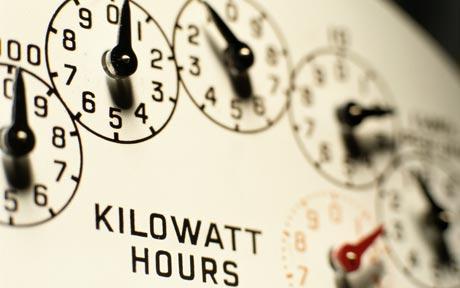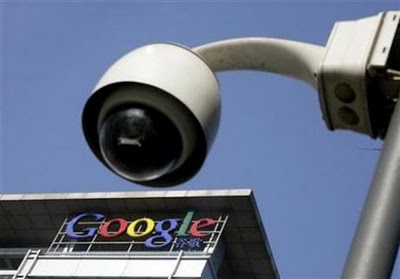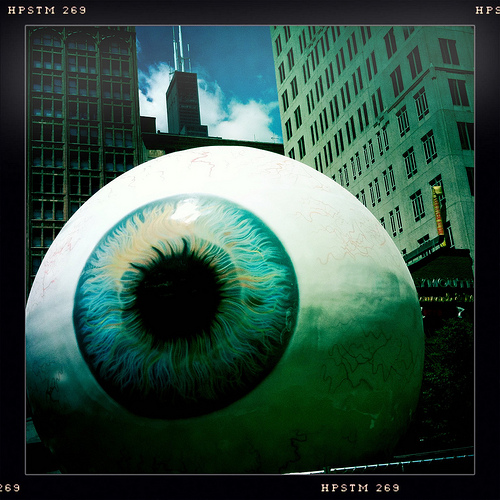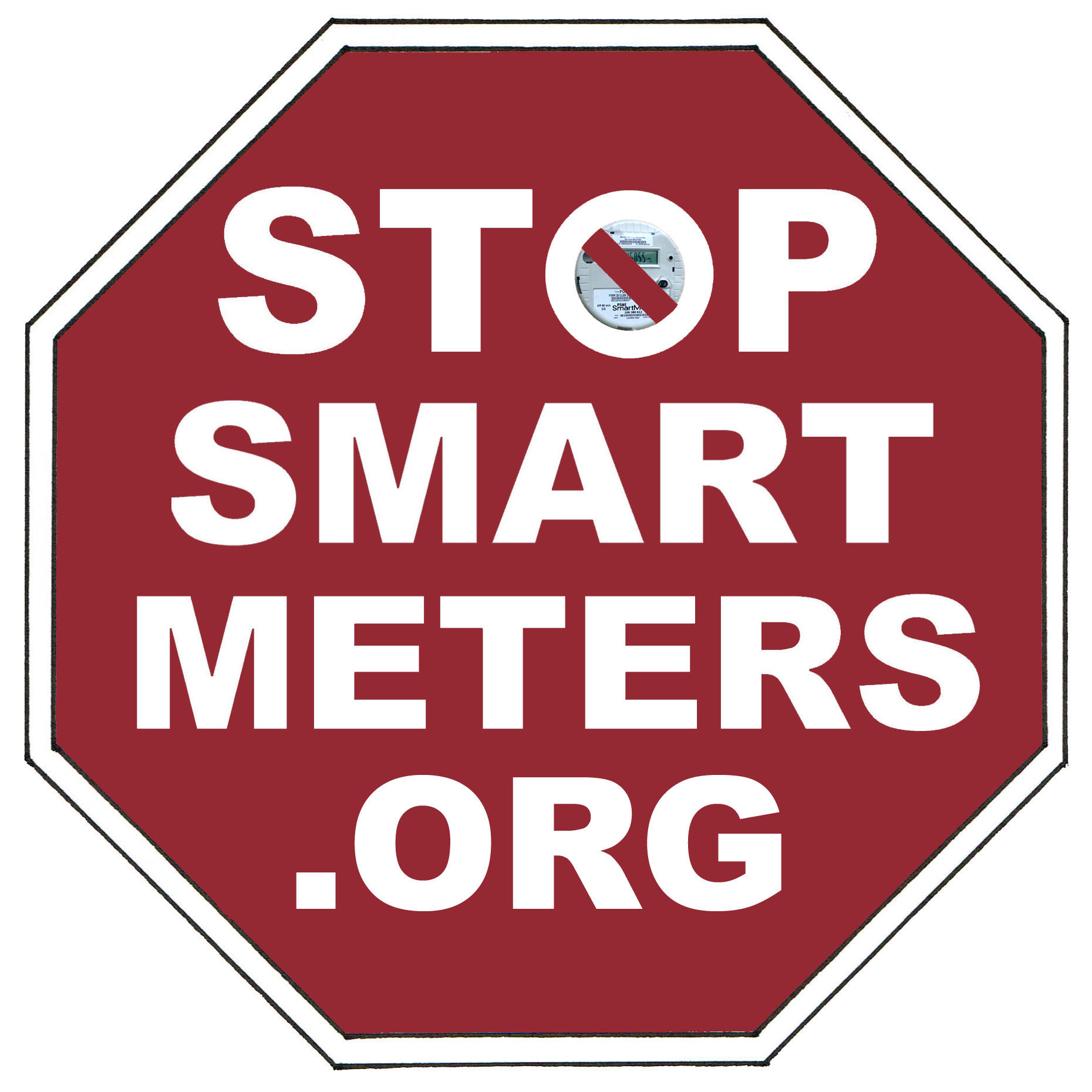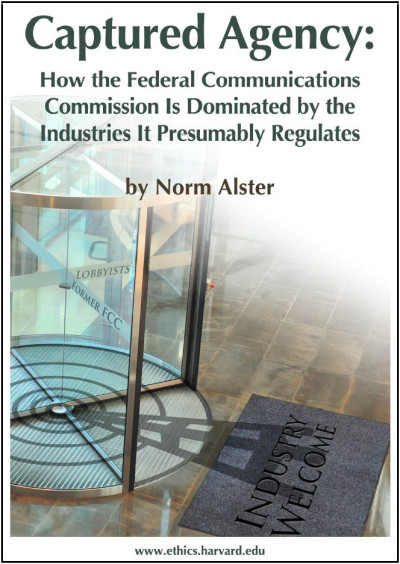Search StopSmartMeters.Org
-
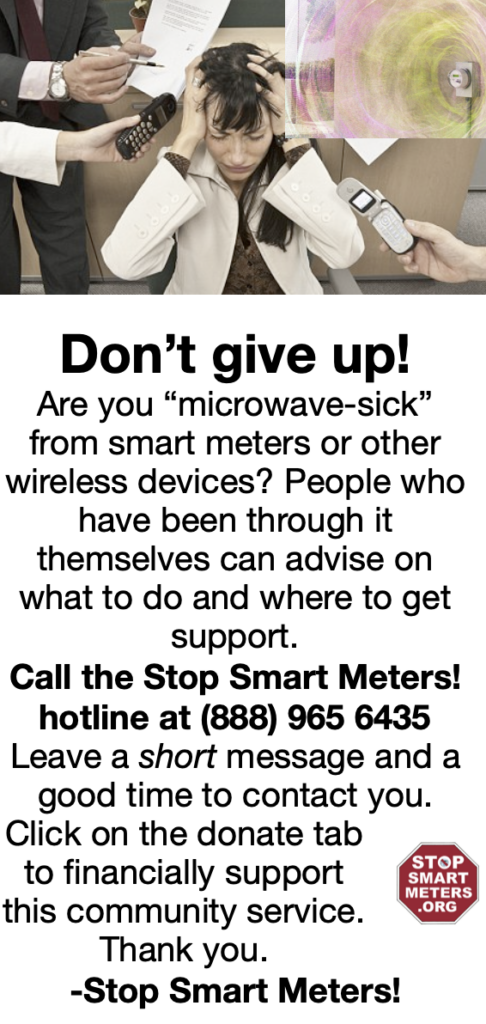
-
DON’T MISS:
-
Recent Posts
- Submit Comments to the FCC — Preserve Local Control of Cell Towers/ Pennsylvania Win Heads to Supreme Court
- PG&E Applying for Half Billion to Replace Aging Gas Meters- Electric Next?
- Support Tennessee Smart Meter Legislation
- NOW is the time to Speak Up for Landline Telephones. Can You Hear Me Now?
- Safe Living Technologies “Safe and Sound” RF Meters Available in our Store
Recent Comments
- Josh Hart on We Are Not ‘Opting Out’………….We Are Refusing to Opt In.
- IHATERF on Forced Off Grid for Speaking Out: 3 Months on, the Hart Family Finds Hardship- and Self-Reliance After PSREC Cuts the Wires
- IHATERF on NOW is the time to Speak Up for Landline Telephones. Can You Hear Me Now?
- Understanding Dirty Electricity | Causes and Effects – Bible Science Forum on Photos of “Smart” Meters
- S...H on Public Health Warning
Archives
Categories
Meta
Disclaimer
USE OF THIS SITE DEPENDS ON AGREEMENT WITH OUR DISCLAIMER: This website is intended to help advance knowledge and contribute to public awareness. While all reasonable precautions have been taken to ensure the validity of the information given, no warranty is given of its accuracy. It is not intended to substitute for medical or legal advice nor as a final statement with regard to possible prevention and avoidance recommendations or potential biological effects. No liability is accepted by the authors for damages arising from its use or misuse and interpretation by others. All references to smart meters refer to digital, wireless and powerline carrier (PLC) devices, which may vary in their emissions and frequencies. All content on this site is copyrighted by StopSmartMeters.org unless otherwise indicated. Brief (max 3 sentences) excerpts and links may be used, provided that full and clear credit is given to StopSmartMeters.org with appropriate and specific links to the original content. All other uses are prohibited, unless specific and written permission from StopSmartMeters.org is provided.
Disconnected From Reality: Wireless Industry Put on Notice
Posted in Cell phones, Citizen rebellion, Democracy, Health studies
Leave a comment
Cell Industry Leaves SF This Week- Send Them Off in Style!
Let’s not forget– while PG&E and other utilities force microwave radiation onto people’s homes and businesses as part of their ‘smart’ meter program, most of us are voluntarily (though unknowingly) inflicting the same type of radiation onto our brains from the cell phones we hold up to our heads every day. This week, the Cellular Telecommunications Industry Association (CTIA) is holding its final convention in San Francisco. Why the last one? Because the City of San Francisco had the nerve to insist that consumers have a ‘right to know’ how much radiation their cell phone emits. This mild, informational law has drawn a huge attack from the CTIA, who is suing SF in federal court and is withdrawing their annual convention from the City in protest. Last week, the City of Burlingame considered a similar law, and the video of this council meeting is available here. It is well worth watching (the cell phone item begins at about 32 minutes in).
There are 285 million cell phone subscribers in the US today, out of a total of 310 million people. The vast majority have absolutely no idea that virtually all of the (non-industry funded) scientific research on long term heavy cell phone use shows a connection with glioma brain tumors. This denial is starting to crumble, as more and more people realize that our government has sold out our health for corporate profit. Two weeks ago, Dr. Devra Davis published Disconnect: The Truth About Cell Phone Radiation, What the Industry Has Done to Hide It, and How to Protect Your Family and she will be speaking Wednesday at the Commonwealth Club in SF.
Here is more info about the many events scheduled this week around the Bay Area to raise awareness about the risks that wireless devices pose to our health, our children, and our future:
WHAT: Cell phone/brain tumor victims from across the nation meet in San Francisco in support of the first in the nation cell phone Right to Know legislation and to protest the CTIA’s final convention and their lawsuit against San Francisco. Sponsored by California Brain Tumor Association
WHERE: In front of Moscone Center on Howard St. between 3rd and 4th
WHEN: PROTEST outside the CTIA Conference Tuesday Oct. 5 3:30- 6:00 p.m., Wednesday Oct. 6 3:30- 6:00 p.m., Thursday Oct. 7 11- 1 p.m., Friday Oct. 8 10-12 noon
Other events scheduled also:
Dr. Devra Davis speaking at the Commonwealth Club October 6 noon
UCSF symposium October 8 noon N-225 Parnassus
Senator Leno and experts to speak on this issue at private home in Marin Oct. 7 6:30 p.m.
Experts to speak at Berkeley JCC Oct. 11 7pm
Call 925-285-5437 for details.
Posted in Cell phones, Citizen rebellion, Democracy
1 Comment
The Future is Wired: How Wireless Tech May Be a Historical Dead End
Even as sales of wireless personal devices skyrocket, there is a noticeable grassroots backlash against the wireless world. From “no cell phone” signs posted at cash registers to families rebelling against Dad’s unavailability since he bought his iPhone to cafes ditching their wifi to this anti-smart meter campaign we are engaged in, there is a movement afoot.
Even if people aren’t aware of the latest health studies that link wireless microwave radiation to cancer and other biological disruptions, there is a growing uneasiness that wireless technology has separated us from our immediate surroundings. Even as it promises to connect us to our closest friends, it often ends up separating us from people we are hanging out with. When operating a lethal weapon (aka a motor vehicle) the distraction caused by handheld devices can even be lethal.
We’re beginning to learn more and more about the health impacts, but what of the social impacts? Is it really necessary to be able to check the headlines when you are walking down the street? Is it not rude to answer the phone when you are hanging out with a friend in the park?
In my experience, wireless is more of a pain than it is worth. Dropped calls, crossed signals, and an increasing irritation in my temple when I use a cell phone. I would much rather use a reliable (and secure) wired connection, especially when using the internet. It’s just not worth the risk of brain cancer. Wired high speed internet beats the pants off of wifi in terms of speed anyway.
Do we really need to go dancing around our backyard while on skype anyway? It’s a bit of a ridiculous concept if you ask me. The costs and irritation outweigh the benefits. As the evidence mounts and the wireless industry struggles in vain to hold back a torrent of scientific evidence the way that big tobacco has done, we may see a new cultural paradigm emerging.
The right to choose a wired life has got to be central to this. That means minimum standards for payphone distribution and a halt to the intentional decay of this most basic utility. That means laws that protect electrically sensitive people from EMF radiation where they live. That means the right for individuals, cities, counties, and states to opt out from wireless meters.
That means the freedom from unwanted EMF needs to trump the freedom to talk on the phone or surf the web wherever you want. Shifting legal and moral defense from the perpetrator to the most vulnerable members in society. Remember, that might be you!
A society is not advanced or sophisticated if it allows people to be displaced from their homes and fails to defend against electronic trespass causing misery and disease. A society that values choice and real freedom, providing people with frequent wired connections that you can plug in your personal devices to, free high speed fibre optic connections. A world with pleasant public space, safe networks for bicycling and walking, connected to frequent public transit and public parks and gardens replacing gas stations and asphalt expressways. That is the world we need more desperately than ever before in our history.
Posted in Cell phones, Citizen rebellion, Democracy, Health studies
Leave a comment
Interview with EFF: How Smart Meters Violate our Right to Privacy
The Electronic Frontier Foundation (EFF) was founded in 1990. The San Francisco based organization defends free speech, privacy, innovation, and consumer rights in a digital age. Joshua Hart of Stop Smart Meters! sat down with Lee Tien, Senior Staff Attorney for EFF to find out more about concerns that smart meters are violating our right to privacy.
SSM: What are your major concerns about smart meters?
LT: We’re very concerned about the smart meter’s ability to violate people’s privacy. It’s an issue that is really simple to grasp. For a long time, the energy usage information that utilities collect has been one big aggregated mass. For example, in the month of September they might know that you used 300 kilowatt hours of electricity. With the installation of smart meters, they are now suddenly able to collect much more fine grained, detailed data regarding your energy consumption, down to the hour and the minute. Additionally, people may start using “smart” devices that talk to utilities, such as programmable communicating thermostats.
For example, they can know when you turn on each individual appliance, whether you take a bath or a shower, and what specific appliances you are using. Given the advances in technology and the increased number of data points, this allows anyone who has access to the energy data to learn more about what activities are going on inside your home. There are also demand response systems planned that will require registration of devices on your home area network (HAN) with the utility, providing them with even more information about what you do inside your own home.
SSM: A skeptic would ask why we should care if a utility knows we are blow drying our hair at five o’ clock in the afternoon?
LT: The utility can know much more than that. It boils down to how much you care about privacy. They can make inferences about whether anyone is home, how many people are there, when you are away at work or on vacation, etc. The smart meter is essentially like a telescope into your home. Would you care if everyone knew when you were not home, what hours you keep, how much energy you use, perhaps that you have a dialysis machine?
SSM: PG&E claims that your energy use data will be kept confidential. Can we trust them?
LT: It’s not just utilities who will have access to your data. It’s potentially a series of third party corporations including (but not limited to) the utility’s contractors and government agencies. Law enforcement agencies in particular are very keen to be able to see this information. There have already been a lot of cases where utility records have been provided to police who use them to bust marijuana growing operations, and this is simply using the raw energy use data.
With the sheer amount of information that is being amassed by these smart meters, the potential for extensive data mining is huge. The FBI could have a detailed picture of your everyday life. Were you at home at a particular time when a crime was committed for example? They could potentially cross-reference lists of activists’ home energy use and see who might have been home or at a protest for example.
Insurance companies and employers might also be interested in your personal energy usage information. Smart meters crack open this door into your private life, making available a huge amount of very personal data. The question is where will the line be drawn. Remember that the Supreme Court has said that “In the home… all details are intimate details, because the entire area is held safe from prying government eyes.”
SSM: What will corporations want to do with all this information? What is the benefit to the utility companies?
LT: With all this fine-grained data being collected, there is the potential to create profiles. Remember it’s not just a snapshot of your energy usage at one time. It’s your household energy usage over a long period of time. So there are patterns. Obviously these patterns are useful for analyzing your energy use for energy conservation. But also for other purposes. And it’s not just your home, it’s all homes using smart meters. So the patterns are for many households. Which can be sorted by zip code, demographics, and so on.
SSM: Surely the laws protect us from corporations using our private data?
LT: The laws were all written when there were fewer privacy issues. There is no guarantee that the utilities will not divulge personal info. Rules that exist are not strong enough relative to the threat.
What we’ve legally built up is a cheap Volkswagen beetle type of structure. That legal defense system is now expected to drive on the big freeway full of SUV’s. There are the potential for serious accidents, mishaps, and breaches of security.
SSM: What about hackers? How easy will it be for individuals to obtain your energy use data, or even turn off your electricity?
LT: Computer hackers say that it’s not hard to hack into a smart meter, but I’m not sure what they can do to it. They also say that the wireless transmissions can be intercepted. But the larger electrical grid may be the more pressing problem. I’m pretty sure there are real risks, but the public doesn’t usually get to know much about so-called critical infrastructure information (CII).
SSM: What is EFF doing to protect the privacy of the public in the face of the ‘smart’ meter onslaught?
LT: The main thing we are doing right now is engaging in a CPUC proceeding that is currently trying to make privacy and security rules with regard to home energy usage data. Earlier this year we were hopeful about a California bill by State Senator Florez that would have increased privacy protections with respect to both utilities and third parties getting energy data, but it didn’t go anywhere.
We are mainly focused on California law as things are happening so fast here. We are also part of a national working group looking at smart grid policy throughout the country. Ideally we would have more than rules- we would have a coherent legal and political framework to defend privacy, an architecture of individual rights in a digital age if you will.
One aspect of this is design. An idea might be to aggregate data at the neighborhood level so that individual households would be less directly exposed. This doesn’t help if individual devices are communicating with the utilities, though.
The smart grid is supposed to be good for the environment, to reduce the cost to ratepayers using demand response systems. I’m sceptical about that. What I’m not sceptical about is that it will definitely lower the utilities’ costs. Whether that helps anyone else is another matter. Peak power demand on the grid is a real money killer, they want to avoid having to build more power plants just to handle the occasional brownout or blackout.
Obama’s federal stimulus money threw gas on the smart grid fire, and this has been accelerating projects throughout the country. We just need to make sure that individual privacy rights don’t get trampled in the smart grid gold rush.
~ssm!
Posted in CPUC, Democracy, PG&E, Privacy
12 Comments
A Smart Meter Rebellion Growing in Santa Cruz County
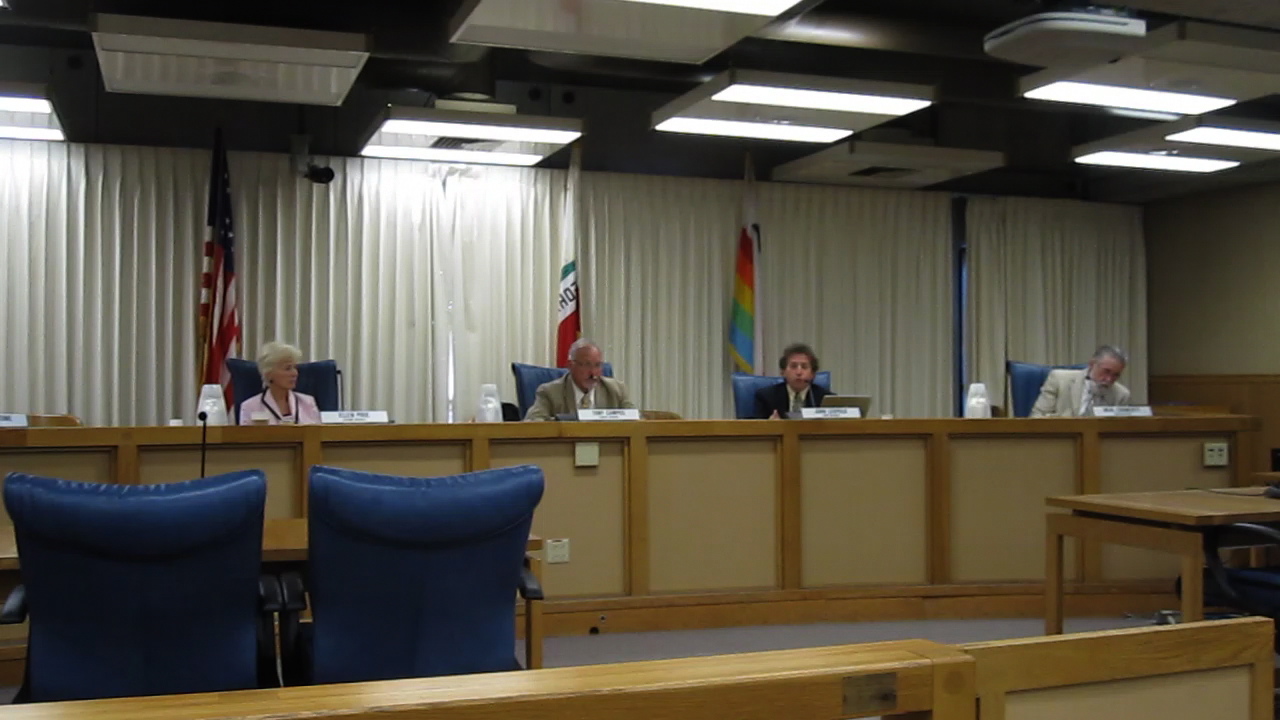 We’re happy that our own Santa Cruz County became the first County in the state to pass an ordinance banning wireless smart meters, last Tuesday. Coverage from KSBW and the text of the ordinance itself can be found here. The City of San Anselmo in Marin County has also begun the process of passing an ordinance. And the brushfire grows… the question is how stubborn will the CPUC continue to be in insisting that there are no problems with the ‘smart’ meter program?
We’re happy that our own Santa Cruz County became the first County in the state to pass an ordinance banning wireless smart meters, last Tuesday. Coverage from KSBW and the text of the ordinance itself can be found here. The City of San Anselmo in Marin County has also begun the process of passing an ordinance. And the brushfire grows… the question is how stubborn will the CPUC continue to be in insisting that there are no problems with the ‘smart’ meter program?
Just as our elected local officials passed a law banning any further installations, we learned from Margaret, a resident in the Santa Cruz Mountains that PG&E had already violated the law the following day (Sept. 15th):
“I live remotely up in the Santa Cruz mountains and a guy (contractor) just came to my door to switch my meter and my husband and I refused so he left …..Just got off the phone and PG&E say there is no moratorium in their view and whatever is being reported in the Sentinel etc. or what the Board of Supervisors passed is not recognized by them or California Public Utilities and basically holds no weight as far as they are concerned and it is all systems go.
I told them that living so remotely that it would be easy for a hacker to see our consumption patterns and felt this was a serious security concern for us, also did not appreciate unscheduled installations etc. Another interesting point especially up here is that there is no wireless network which means they will have to install antennas close by…..”
Now where is that sheriff when you need him?
In other Santa Cruz County news, we joined Capitola Vice Mayor Dennis Norton, Dr. Karl Maret, and Melissa Weaver from EMF Safety Network and spoke out at a Freedom Forum event attended by a full house of over a hundred angry Santa Cruz residents. Great coverage from KION and we post key excerpts from Dr. Maret’s talk below:
Part 1:
Part 2:
Posted in Cell phones, Citizen rebellion, Democracy, Health studies, PG&E
6 Comments



